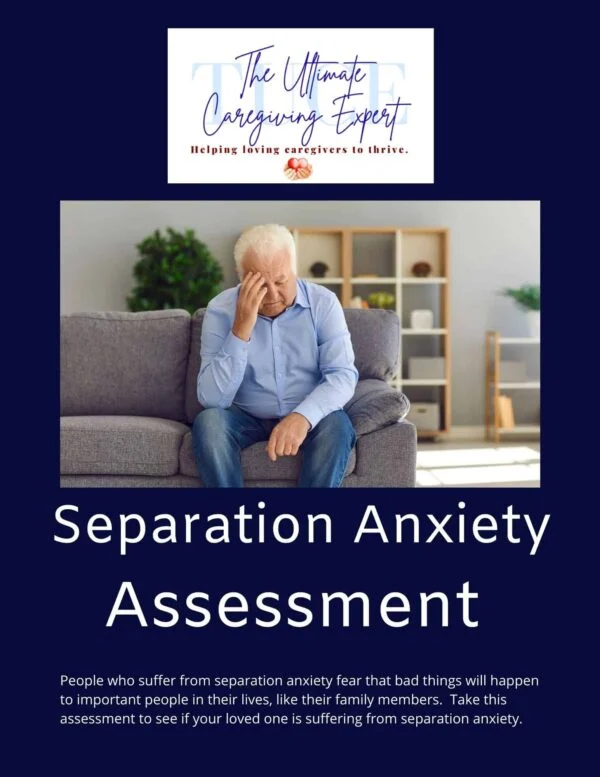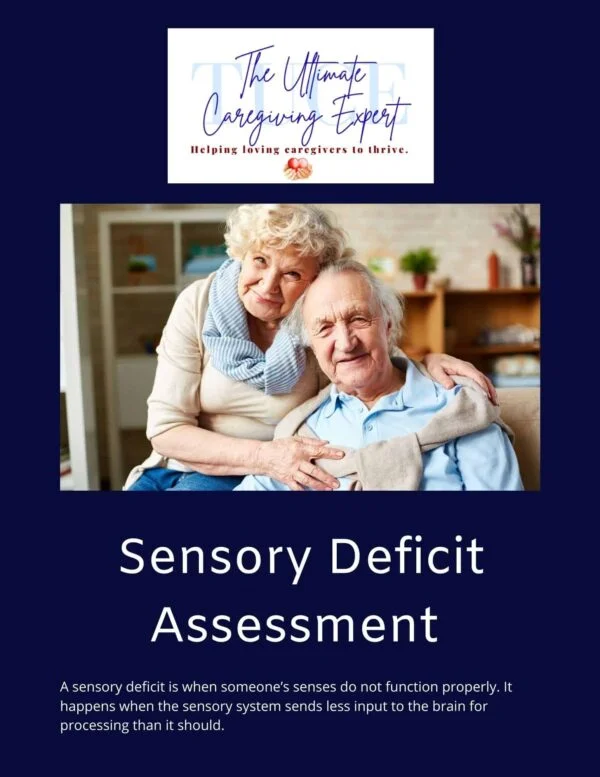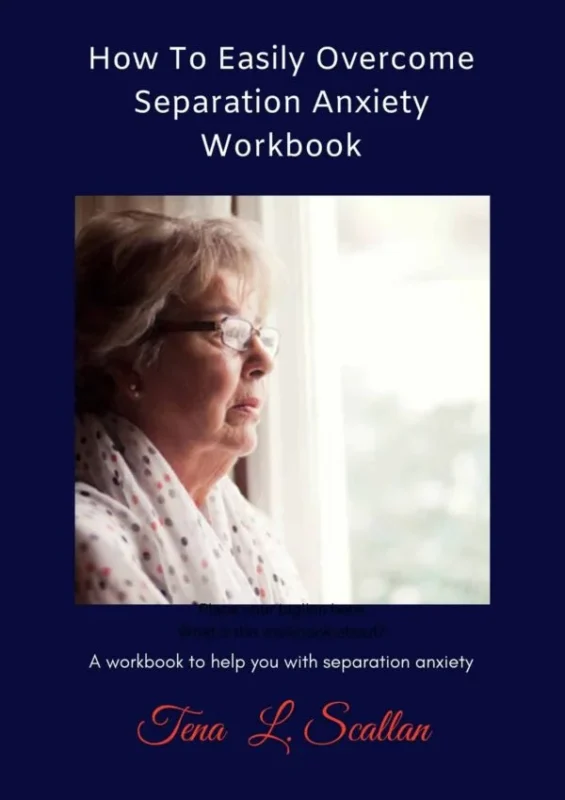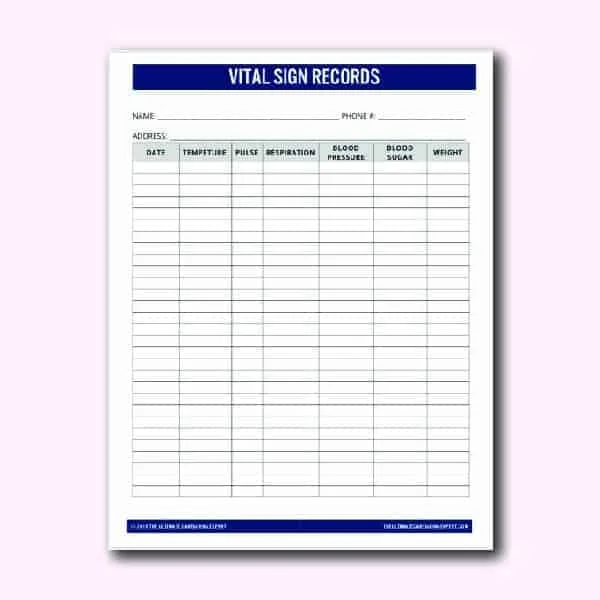Caring for someone with sensory challenges—whether vision loss, hearing impairment, or reduced touch sensitivity—can be overwhelming without the right tools. The Sensory Deficit Assessment is designed to help family caregivers and professionals identify, evaluate, and manage sensory impairments in their loved ones or clients. By understanding the unique deficits and their impact on daily life, caregivers can create better care plans, reduce frustration, and improve quality of life.
Why a Sensory Deficit Assessment Matters
When an individual experiences sensory changes, it doesn’t just affect their body—it affects their independence, communication, and emotional well-being. Left unaddressed, sensory deficits can lead to:
- Increased risk of falls and accidents
- Social isolation and withdrawal
- Cognitive decline due to reduced stimulation
- Emotional stress for both the caregiver and care recipient
By using the Sensory Deficit Assessment, you gain clarity on the severity of the impairment and actionable steps to provide the right support.
Features of the Sensory Deficit Assessment
- Comprehensive Screening: Covers all five senses—vision, hearing, taste, touch, and smell—to identify specific areas of concern.
- Caregiver-Friendly Format: Simple, easy-to-use worksheets and guided questions designed for family caregivers, not just medical professionals.
- Personalized Insights: Helps you recognize how deficits affect daily tasks like cooking, driving, dressing, or communication.
- Action Steps and Resources: Recommendations for follow-up care, assistive devices, and practical caregiver strategies.
- Printable & Reusable: Keep copies for doctor visits, care team discussions, or updates as conditions change.
Benefits for Caregivers and Loved Ones
- Improved Safety: Quickly identify hazards that could worsen with sensory impairment (such as poor lighting for vision loss).
- Better Communication: Learn how to adapt conversations for someone with hearing or cognitive processing issues.
- Confidence in Caregiving: Reduce guesswork and feel empowered to take meaningful action.
- Healthcare Collaboration: Bring completed assessments to appointments to improve medical care and save time.
When used regularly, the Sensory Deficit Assessment can become part of a caregiver’s toolkit, helping track changes and anticipate needs before crises occur.
How It Supports Your Caregiving Journey
This assessment pairs perfectly with other caregiving tools at The Ultimate Caregiving Expert. For example:
Use it alongside the Driver’s License Assessment to determine if sensory issues affect safe driving.
Combine it with the Caregiver’s Organizational Planner to streamline medical records and caregiving tasks.
Pair it with external resources such as the National Institute on Aging’s vision and hearing health page for professional guidance.
Who Can Benefit?
- Family caregivers manage daily routines for parents or spouses.
- Healthcare professionals are seeking quick tools to understand patient needs.
- Seniors who want to maintain independence and track their sensory health.
- Long-distance caregivers need a structured way to evaluate their loved one’s well-being.
Why Choose This Assessment?
Unlike generic checklists, the Sensory Deficit Assessment is built with the caregiver’s perspective in mind. It’s not just about identifying the problem—it’s about equipping you with the right solutions and resources to respond effectively. With over 25 years of caregiving expertise behind its creation, this assessment is practical, compassionate, and deeply supportive.
Take Control of Sensory Care Today
Don’t wait until sensory deficits become unmanageable. With the Sensory Deficit Assessment, you can identify challenges early, collaborate better with healthcare providers, and give your loved one the dignity, safety, and quality of life they deserve.
Start your journey toward empowered caregiving today.








Reviews
Clear filtersThere are no reviews yet.